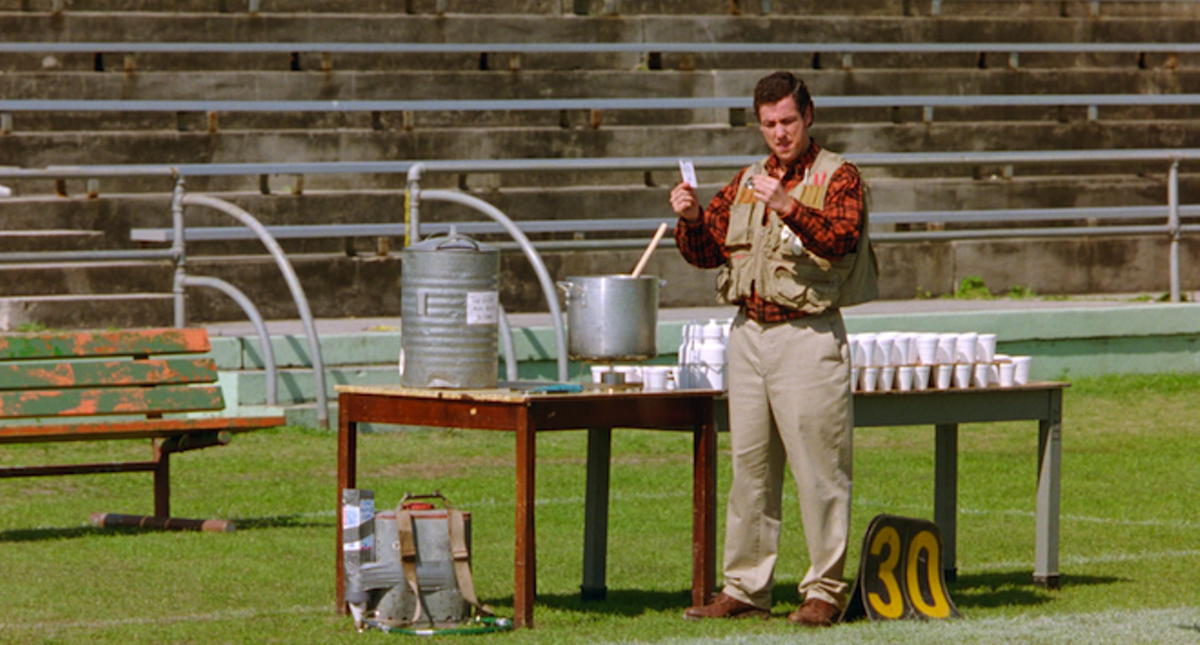Guide to Summer Shred
In my humble opinion, getting shredded for the summer is a lot easier if you stay lean all year round. We are ALWAYS on a diet, the question is, is your diet congruent with the lifestyle you want to live?
Getting lean and staying lean is simple, NOT easy. This article will provide you with some guiding principles to help you get lean stay lean. Some important principles to understand are energy balance, macronutrients, proper protein consumption, eating the rainbow, proper water consumption, & moving OFTEN.
This article will dive deeper into the nuance behind these principles. Feel free to come back & refer to these whenever needed!
Energy Balance 101:
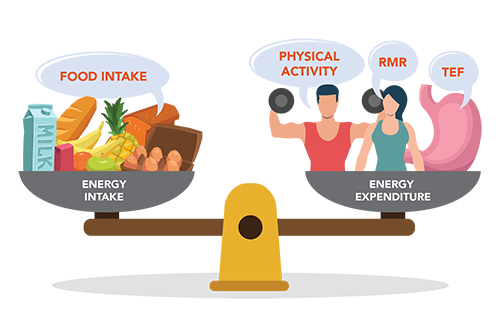
In order to achieve any body recomposition goal we need to understand energy balance. We all have our own unique BMR (Basal Metabolic Rate), this is the minimum calories needed in order to maintain basic bodily functions, think respiratory & cardiovascular function.
This does not include any calories used to move the body. This number is different for everyone & dependent upon height, weight, age, & body composition.
As we consume food, we extract calories from that food to be used as energy to fuel the body for performance. We can manipulate our food consumption to reflect our desired outcome (your body recomposition goal).
When it comes to understanding energy balance, these three foundational terms are your new best friends:
Caloric Deficit: Consuming LESS calories than your body needs to survive. Typically, we need to be in a caloric deficit in order to lose weight.
Maintenance Calories: Consuming just as much calories as your body needs to survive, give or take a few hundred calories. Typically, when coupled with resistance training, eating near maintenance calories is a great way to build muscle & change the way your body looks.
Caloric Surplus: Consuming MORE calories than your body needs. In order to gain weight, we must be in a caloric surplus.
This information is the foundation of every body recomposition goal. Commit these principles to your memory in order to reach your own goals as well as when guiding clients on their journey.
Coaching Tip: You can’t expect to make any true change to your body composition if you aren’t tracking what you do. The most common issue I hear is, “I’m eating too much“. “How are you tracking your calories and portions?” I reply with a curious nature.
“Oh, Im not. I just feel it” they respond with a naive demeanor.
If you aren’t tracking, you aren’t tracking. Period.
Macronutrient Restrictive Diets Suck
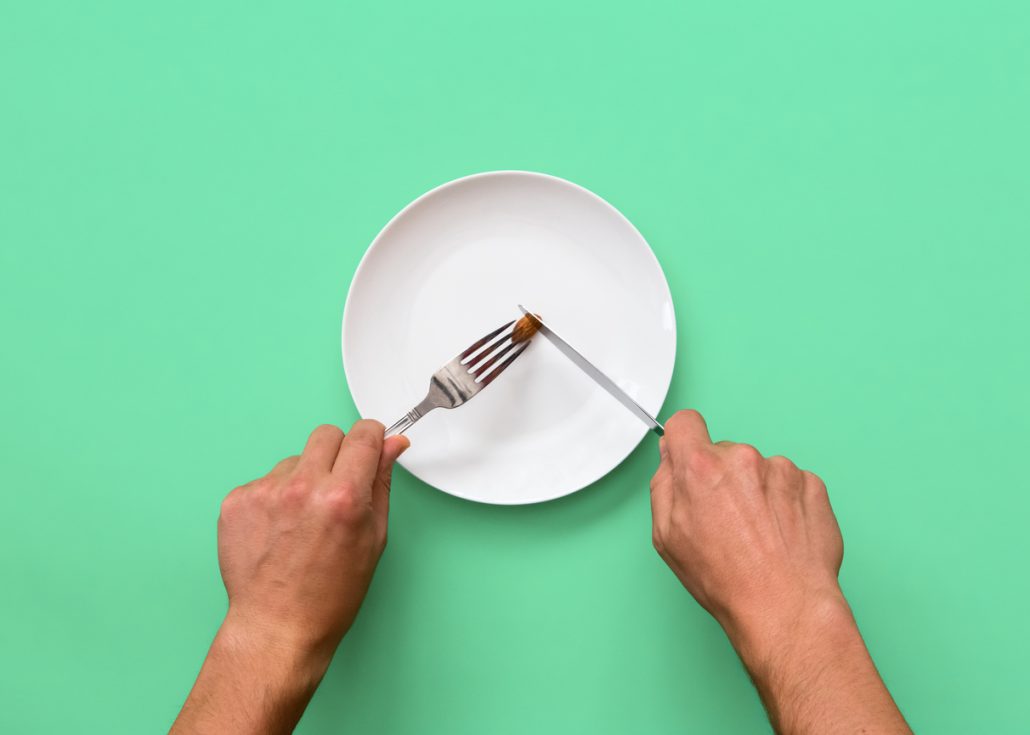
ALL MACRONUTRIENTS MATTER. With all the fad diets out there, there are some common misconceptions surrounding the consumption of macronutrients. I’m sure you’ve heard the following:
Carbs are bad for you.
Fats make you fat.
Too much protein will destroy your liver.
It is important that we stop demonizing macronutrients & creating toxic relationships to food. The quality of the macronutrient is important, we must focus on consuming more nutritionally dense whole foods. This means MORE vegetables/fruits/whole grains & LESS processed carbohydrates. NOT no bread or pasta.
Studies show, diets that are extremely restrictive & eliminate an entire macronutrient are great for short term intensity & terrible for long term sustainability. Here at the PPSC, we are all about NON-Dogmatic thinking.
At the end of the day, you need to choose the diet that works best FOR YOU. Typically, a well balanced, flexible, & contextually based diet, with calories manipulated based on the goal, is better for most folks.
Here is a breakdown of the benefits from the consumption of all +the macronutrients:
Carbs: 4 kcal’s for every gram of carbohydrates.

Necessary for providing quick & efficient energy to the body. Ideally, carbohydrates should be about 50-60% of your diet. Again, prioritizing nutritionally dense carbs over processed carbs, especially if your goal is weight loss.
This does not mean faster digesting carbs have zero benefits though. Faster digesting carbs (think bread & pasta) can be great fuel before a tough workout as well as great fuel to replenish glycogen stores in the body after a workout.
Fast digesting carbs have great benefits for endurance athletes who need to compete for hours at a time & need quick boosts in energy.
Fats: 9 kcal’s for every gram of fats. Great if the goal is gaining weight, consume in moderation if the goal is weight loss.
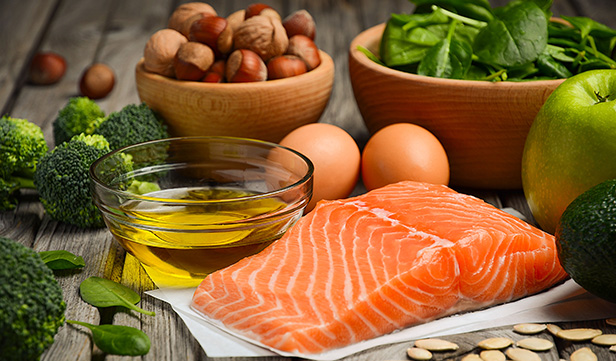
Do you like living?
Do you like moving?
Do you like being happy?
Fats are very necessary in order to regulate hormones in the body. Fats (fatty acid & lipids) are also critical in the formation of the myelin sheath.
Myelin is critical for the proper function of the nervous system and one of the most complex cell–cell interactions of the body.
I’d be remiss not to mention that fats are an excellent source of long term energy. This is why losing extra, stored body fat can be so hard sometimes.
Our brain & body have one job, live. Maintaining stored body fat is an evolutionary advantageous survival mechanism. The more stored fat you have, the longer you can live without consuming food! Kind of like a bear hibernating for winter.
Protein: 4 kcal’s for every gram of protein.
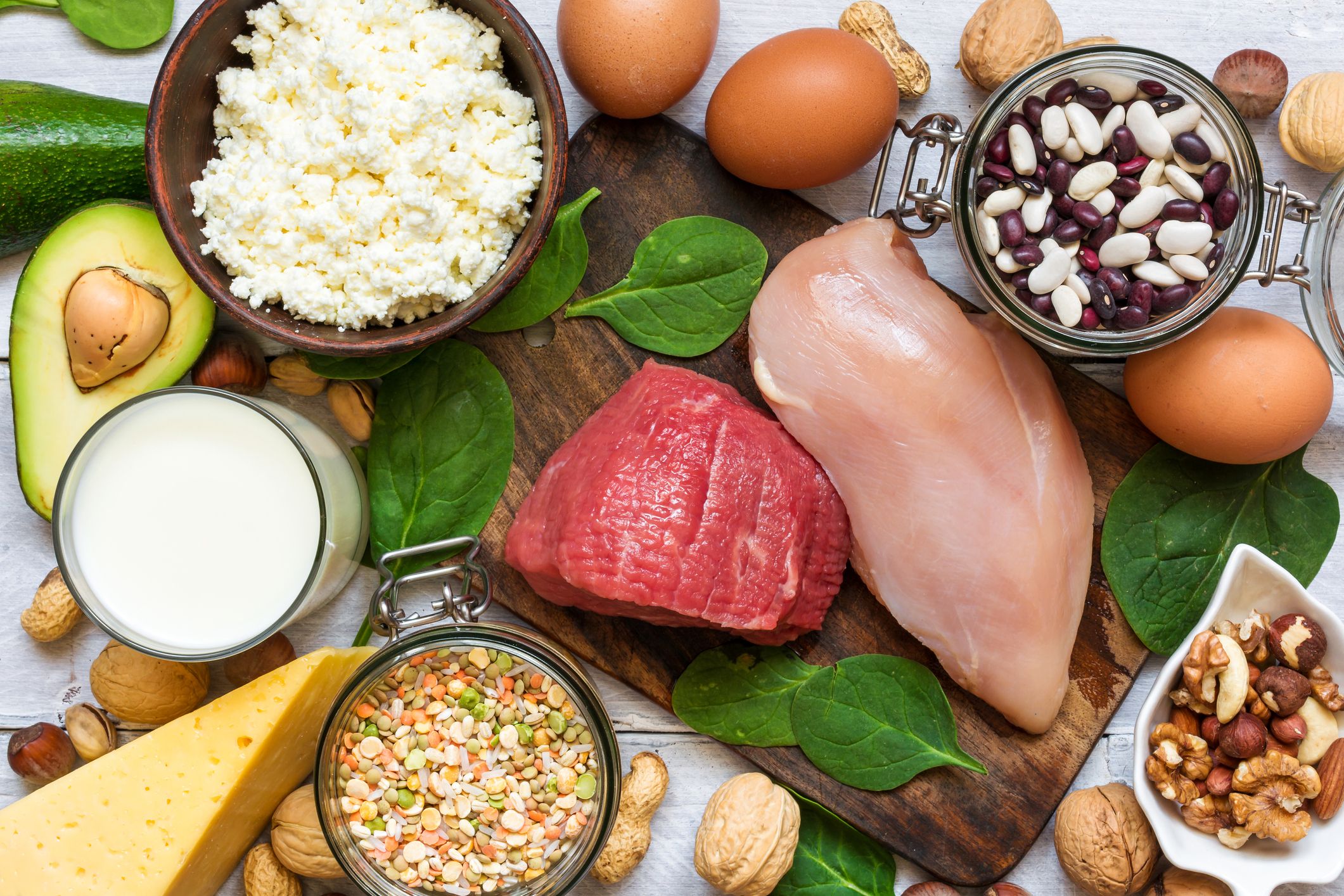
Ahhhhhhhh good ol’ protein. Saving the best for last here. Probably our most important macronutrient (IMO). The building block of life, the preserver & builder of muscle, the catalyst for chemical reactions, protein consumption is so important, regardless of the goal!
Whether you’re trying to lose weight or build muscle, you must prioritize protein consumption. Consuming adequate amounts of protein when trying to lose weight will help to mitigate loss of precious, more metabolically demanding, muscle.
If the goal is weight loss, consuming protein helps to keep you feeling full longer since protein is the most satiating macronutrient. Consuming adequate amount of protein when trying to build muscle will ensure you recover properly from your workouts
When planning a meal, do your best to start with protein! Preferably something lean & containing the full profile of amino acids (poultry/fish). If you’re vegetarian or vegan, be sure to consume complementary proteins (think rice & beans), in order to get the full profile of amino acids. We should be looking to consume about 1.5 – 2 g of protein for every kg of body weight.
When it comes to body recomposition, it’s important that we consume a balanced distribution of macronutrients. We manipulate the serving size of the macronutrient based on the goal. Think of it as a dimmer switch rather than a traditional light switch. We want to navigate the spectrum appropriately to prioritize muscle & sustainability within your ideal lifestyle.
Taste the Rainbow

Ensuring proper consumption of micronutrients is equally important as proper consumption of macronutrients. Micronutrients are the vitamins & minerals found in vegetables & fruits.
Micronutrients are vital for maintaining chemical reactions in the body, supporting the immune system, as well as maintaining proper levels of acidity in the body. Some micronutrients have even been found to mitigate risk of diseases!
Micronutrients are even more important with today’s immune conscious world due to the COVID-19 pandemic. It seemed to me like every company & their mothers created a multivitamin in 2020. Nothing wrong with consuming a multivitamin to ensure proper micronutrient consumption, I personally prefer getting my micronutrients from Mama Earth.
In order to consume all the micronutrients you need, ya gotta focus on tasting the rainbow! No, I don’t mean a bag of skittles has all the micronutrients you need. What I’m suggesting is consuming lots of vegetables & fruits. All the different colors of the rainbow.
Here is a breakdown of the different color fruits & vegetables & the benefits they provide:
???????????? Reds– Anti-Inflammatory, good for heart & blood health, also support joint health.
???????? Orange – Anti-Inflammatory, mitigate risk of cancer & heart disease.
???????? Yellow’s – Anti-Inflammatory, good for skin, heart, & eyes. Help to improve digestion & immune system function.
???????????? Green’s – Anti-Inflammatory, helps to strengthen bones & immune system. Supports proper liver & kidney function.
???? Blue’s/Purple’s – The MOST Neglected – Anti-Inflammatory, improves mineral absorption, memory & brain function.
Grow Up, Stay Hydrated
Does anyone else remember hogging the water fountain after going 5/5 with three home runs a triple & a double in gym class kick ball? Or is that just me? For some reason, as we grow up, we drink a lot less water.
In my experience working with clients, most adults DO NOT drink enough water. Water constitutes 50-70% of our total body mass, with most of it inside of individual cells. Yea your cells, pretty important, wouldn’t you agree?
Research is a little scattered on the topic, with some research suggesting men should be consuming a gallon water a day. A good place to start would be consuming 4-5 ~20 oz water bottles a day to maintain proper hydration.
Don’t like drinking water because “it doesn’t taste good”?
- Grow up. A nice cold glass of water is amazing.
- Add some lemons/mint or a zero calories flavoring to your water to make it taste better.
Move OFTEN to Maintain Muscle Mass & Aerobic Capacity

I really think we make this more complicated than it needs to be sometimes. Physicality is as cathartic as meditating & the long term effects on your health are indisputable. It’s important we find something that gets us using our body & expressing our inherent strength & athleticism often & in ways we enjoy.
The key here is “in ways we enjoy”. If you hate it, you won’t do it! A great example is Winston Churchill. Churchill would lay bricks to clear his mind & revitalize his body. It’s crazy to think that purposefully wasting energy would result in feeling more clarity & higher levels of energy, but it does!
There are many modalities you can use to build muscle & sculpt a great physique. Don’t be so dogmatic in your route to getting there, or do; who am I to tell you what you enjoy? My point is, there are many different ways to build a strong & resilient body, just look at the difference in approach & physique between a Bruce Lee & a Bo Jackson (I wouldn’t want to mess with either).
To ensure consistency, it’s a good idea to practice a physical discipline you enjoy. Following a progressively more intense (increase in load, repetitions, complexity, etc.). It is important that we maintain strength as much as possible, strength is a main contributor to long term overall health. There are many ways to build strength, some common forms of resistance training are:
- Barbell Training
- Dumbbell Training
- Kettlebell Training
- Calisthenics
- Resistance Band Training
- TRX Training
Closing Thoughts:
Again, getting lean is simple, NOT easy. If you’re serious about getting lean, get familiar with these simple principles & practice them consistently:
Understand your energy needs, consume all the macronutrients while prioritizing protein consumption (1.5 – 2 g of protein per kg of body weight), eat your fruits & veggies, drink lots of water (80+ oz), & move in ways that you enjoy



